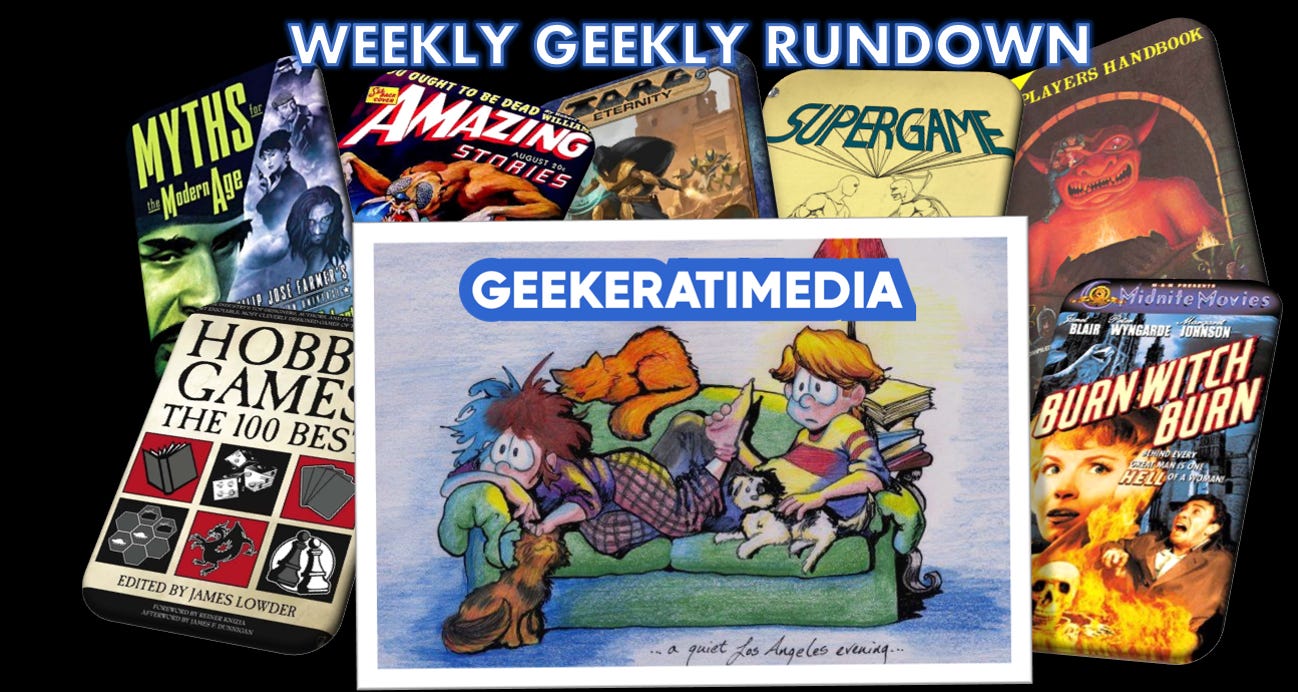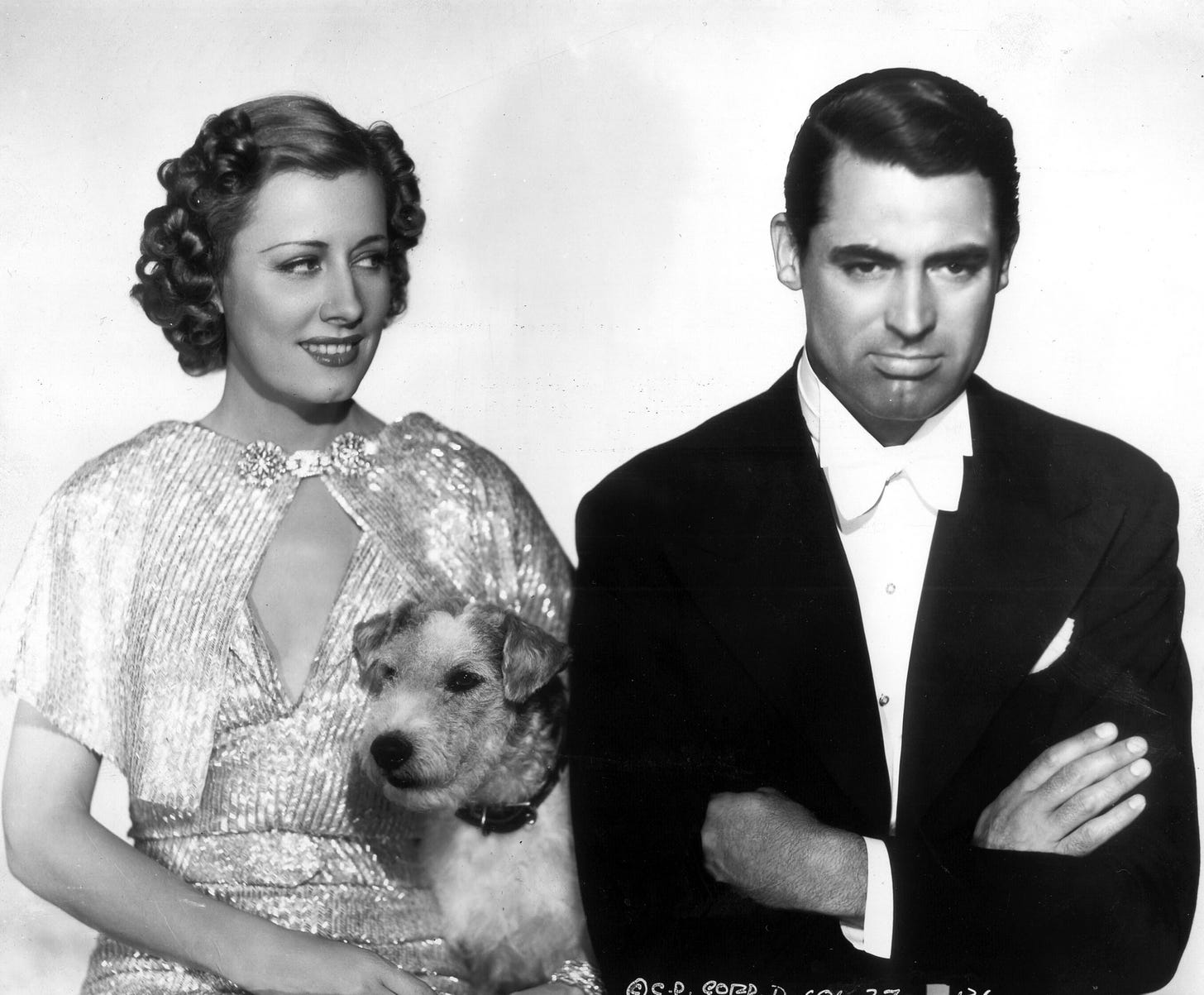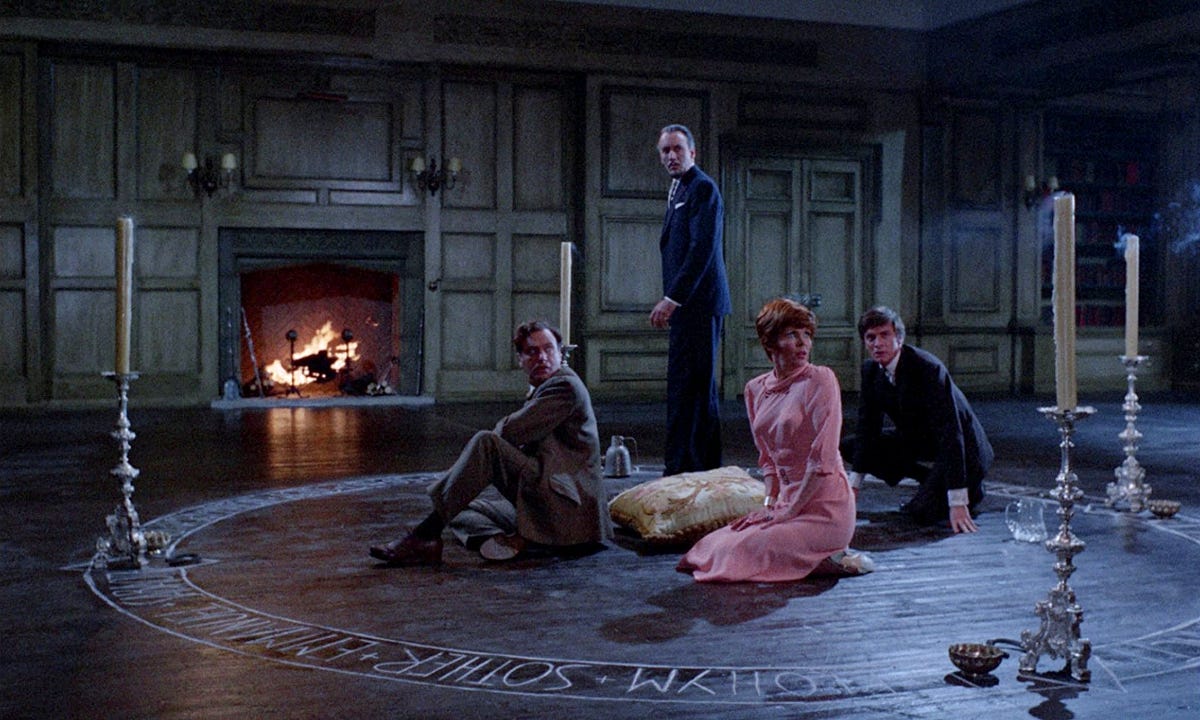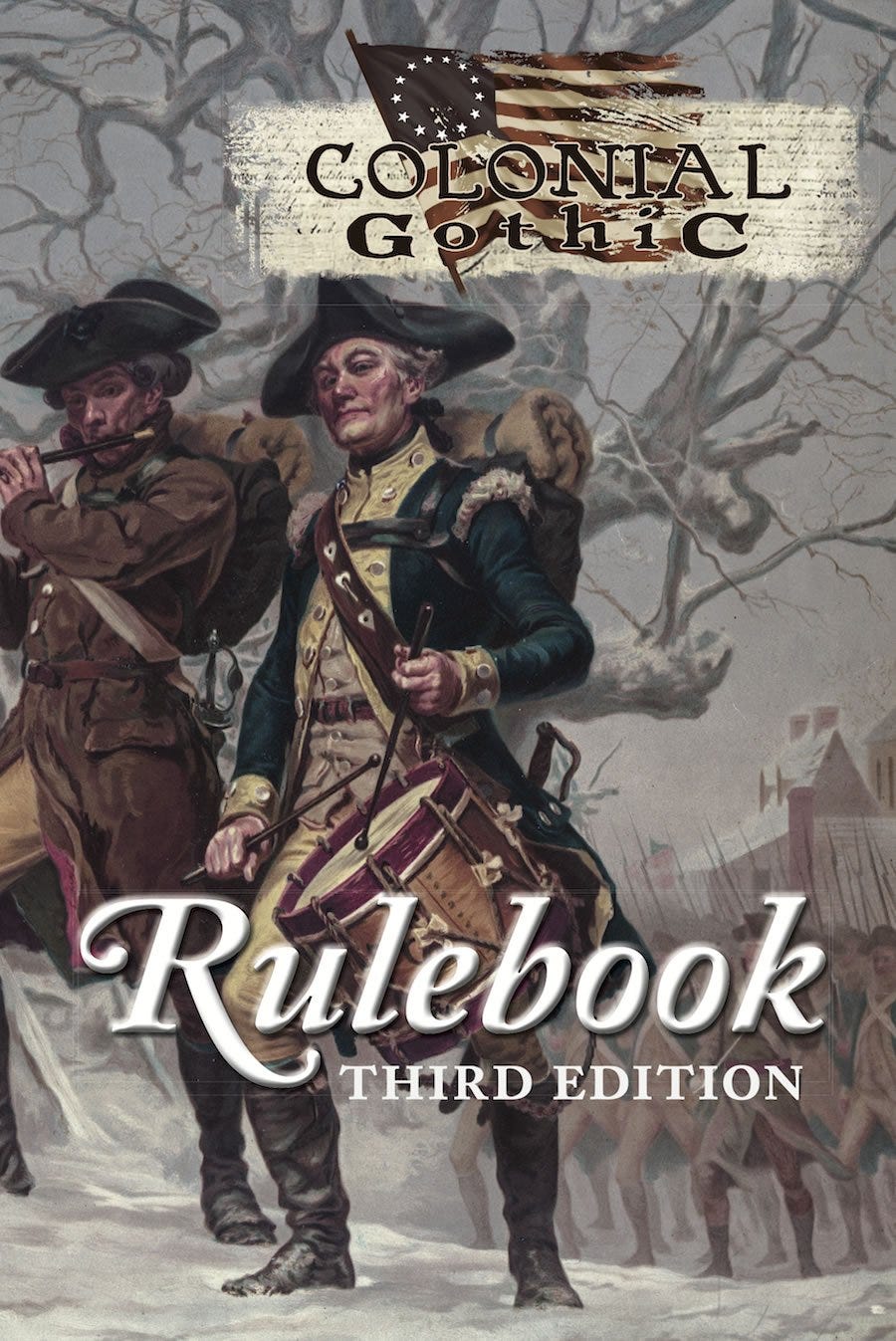Does Hollywood Ruin Books?
Hannah Fry is my favorite living mathematician. While I am certain that there are mathematicians of greater academic importance, not mathematician has been as important to getting my children interested in math(s) (to add the British “s”) as Dr. Fry. She has a wonderful gift for promoting how fun and interesting math can be as it intersects with various aspects of our lives.
As someone who loves baseball, the connection between something fun and mathematics came natural to me as a kid. I learned basic statistics just to be able to keep up with what was being said about my favorite athletes and to be better able to build teams for Strat-o-Matic and ABPA baseball, both games that are very good examples of how math can simulate reality. All of that was before my high school Physics Teacher took us to Great America for “Physics Day” where we gathered data while riding rides and used that to measure forces etc.
Since I had just started my MBA program in graduate school when my twin daughters were born, I was in class during the evenings and wasn’t home watching ball games where I could begin to share my love of the sport and use that as a transition to STEM discussions when the girls got older. So I looked for other things. Thankfully, I own a ton of board games (when I say ton, I mean 2,000 lbs easy and yes that’s literal) and we live in a world where there are a lot more STEM toys available for kids. I can also thank the fact that my wife and I enrolled our daughters in a Japanese/English dual-language program in our local public school. Why? Well, math was the only thing that was always the same. Whether they were learning it in English or in Japanese, it provided a bridge between subjects for them.
So school planted the seed for loving math in my daughters minds and I needed ways to feed that seedling. As I mentioned, games and toys helped, but so too did Hannah Fry. You see, right at about the time my daughters began thinking that there was no Santa Claus and that my wife and I were the ones placing presents under the tree, a wonderful book was published. That book was entitled The Indisputable Existence of Santa Claus: The Mathematics of Christmas and it contains wonderful discussions of how math intersects with the Christmas season as well as, mathematical proof that not only is Santa Claus plausible, he is real. We’ve read that proof to our daughters every year since and now they know that it’s not us, it’s Santa. It’s proven mathematically. Needless to say, Dr. Fry has written a number of fun and informative books for the mass audience and several YouTube (and other media) videos that discuss the intersection of math and society.
She’s a real gift as an educator and is what more public intellectuals should aspire to be. In this week’s “informative” video, I’ve selected her discussion of whether Hollywood actually has a tendency to ruin books. We all have a favorite book (or at least one we really like) that Hollywood destroyed when it adapted it to film. The wonderful thing about Dr. Fry’s discussion is that it brings up Collider Bias (aka Berkson’s Paradox), a form of statistical bias that can occur when we aren’t basing our predictions/assessments on the full population, rather one that is biased due to some form of selection. That selection can be subconscious (good looking people are mean/friendly) or it can pre-date the analysis (selecting only people who had high GPAs as undergrads for a job). Whatever the reason, there is a bias in the selection that causes analysis of data to come to incorrect conclusions (garbage in garbage out). Berkson’s Paradox is something you should always keep in mind, but Dr. Fry describes the paradox perfectly using Hollywood Films and the Books that inspired them as her frame of reference.
Weekly Luke Y Thompson and Courtney Howard Film Article Cavalcade with (possibly temporary) addition of Alison Foreman
As you know, I’ve been sharing the online film criticism of Courtney Howard and the film and toy criticism of Luke Y Thompson from very early in this “stack’s” existence.
Luke is a friend, and former editor, of mine during my second brief foray into paid criticism. My first was writing reviews for the Sparks Tribune with my friend J. Luke and I have chatted about films and popular culture on many occasions and while we share a love of film (and time on the USC campus), we often have very different tastes. Even when we differ though, Luke always has a good reason for his opinions that are rooted in his own analysis and not what he’s “supposed to like” as a cineaste. What do I mean by “supposed to like?”
When students are accepted to USC’s film school, they are given a list of films that provide the expected frames of reference that film makers and critics should know. At least this was true in the early 2000s when my wife was enrolled in the program and I sat in on her classes between my own political science classes. It’s a list of great, or at least important, films. It’s a fraction of what any real canon should be, but it provides a vital foundation for nascent creators of entertainment and criticism. The list is very broad in its content and ranges from Screwball Comedy and Pop Genre films to the French New Wave and Russian Cinema.
This list is not a “supposed to like” list, though it contains one and/or some people use it as one. For every Clueless, there’s an 8 1/2. I’m not bashing Fellini, and appreciating his works makes one of the funniest scenes in Author! Author! even more hilarious, but there is a kind of film fan that refers to themselves as a cineaste or sometimes as a critic for whom only sections of the USC list are “serious.” These are the kinds of people who watch a modern film that compares favorably with It Happened One Night, but who hate it as being frivolous, trite, and overwrought while claiming to love It Happened One Night when the only reason they say they love It Happened is because it was “on the list.” I’ll be the first to say that we are in a kind of low era for romantic comedies, but there are still some very good ones being made and attacks on Hallmark Christmas movies are often as frivolous, trite, and overwrought as the critics say the films are.
I like Courtney Howard’s reviews for the same reason I like Luke’s and for another reason besides. She is always looking to backfill movies she may have overlooked and she harbors no pretense when she does so. She’s as likely to say she’s filling in an overlooked saccharin or popcorn film as she is to say she’s filling in a Truffaut she missed. That kind of breadth in enjoyment shows real individualism, a love of the medium, and a desire to understand what people watch and why they love it. She also tends to come at films as an advocate rather than an opponent. That doesn’t mean she likes every film, but it does mean she is rooting for every film she sees no matter how schlocky the premise.
As much as I like Luke’s and Courtney’s reviews, I always felt bad not having a space for an Indiewire critic here on the Geekerati Newsletter. I’m a HUGE fan of Indiewire’s editor at large Anne Thompson and have been since her days at both The Hollywood Reporter and Variety. Anne Thompson has a deep knowledge of the financial side of the industry and very interesting things to say about film in general, but she rarely reviews films anymore as she covers the business side of things. I’ve read Indiewire for years, but kept coming face to face with the “supposed to like” critics who wrote articles that may as well have been written by algorithm because they were so predictable. When they liked something outside their normal range, it was almost always “ironically.” I just don’t cotton to that kind of critic.
So I was pleasantly surprised the other day when I saw a couple of lists by Alison Foreman on the Indiewire site. The lists weren’t “perfect,” but no list is because the purpose of “great” or “best of” or “should see” lists is to start a conversation where readers and fans add to that list. They aren’t meant to be definitive and since these lists were on Indiewire, rather than another site, they weren’t slide shows. They were more discussion than an attempt to cycle you through multiple ad impressions. These lists also weren’t just “supposed to” lists. They seemed like the kind of list that someone sat back after watching something that inspired them to write an article in the first place and said to themselves, “what ARE some of my favorite x or y films?” Because her lists were so fun to read, I’ll be posting one them this week. If she can keep being a cinephile and not a cineaste, I’ll likely be including her more in the future. But I’m the editor here, whatever that means, so I’ll only recommend things I think are interesting.
Now for the Reviews
Luke first entry this week is an interesting discussion of the best and worst summers at the movies. This is a list of lists where he discusses what he believes were some of the best summer movie line ups and what some of the worst were. When Luke initially shared the list on Twitter (X?) and Facebook, he said that I would take issue with a couple of his selections and I did. I jokingly critiqued him for throwing shade at Megaforce (which had the same producer as The Godfather and I totally want the sequel the The Offer to be about the making of Megaforce), but I know it’s a bad film. It’s a bad film that I love, but it fails to achieve what it intended to do and ends up being very silly because of it. I also, far more seriously, defended Twister.
Luke isn’t wrong when he says that critics love to lambast “ the unholy trinity of Twister, Mission: Impossible, and Independence Day.” But as much as critics love to lambast them or call them soulless, all three of those are absolute bangers. Twister is a goddamn masterpiece in its genre, which isn’t disaster film. Though to be fair, it ranks high on the disaster film list too.
Twister is what philosopher Stanley Cavell called a remarriage film. It’s a screwball comedy about a previously married couple getting back together. This time it isn’t the dog Mr. Smith who gets them back together, it’s Dorothy. Helen Hunt does a fine job as a modern Irene Dunne and Bill Paxton is surprisingly good as the Cary Grant. His “there was an evil Bill” line could easily have been delivered by Grant. Finally, Cary Elwes is delightful as the foil. One of my absolute favorite clips is the “Oh, my God! Who are these people?!” clip from near the end of the film.
Luke’s review of Liam Neeson’s latest, Retribution, is favorable, though I wish it mentioned that last season of The Rookie featured a similar storyline. This particular combination of Speed and Saw must have been in the water supply.
Courtney Howard was far less impressed and wrote that Neeson “phoned it in” during his performance in Retribution. Having yet to see the film, I’m going to guess that my assessment is going to be closer to Courtney’s than Luke’s. I love watching Liam Neeson beat people up, and have since he cut Tim Roth in half, but his “particular set of skills” series of films alternate between excellent and formulaic. They have to offer a little something new to the mix for them to bring me in. To be fair, Non-Stop and The Commuter both did that, but other films have failed. Maybe it’s because he delivered such a powerful performance in The Grey, but I want Neeson’s performance and stakes to line up.
In his examination of the first two episodes of Ahsoka, the new Disney + series, Luke posits that Dave Filoni’s love of taking long moments might turn off those who aren’t hard core fans. Based on the fact that I still call the first Star Trek film Star Trek: The Slow Motion Picture because of Robert Wise taking far to much time to wallow in the beauty of the special effects, I think there is merit. Robert Wise is one of cinema’s great film makers, and the effects are stellar, but they linger too long. Still, Wise’s foray into 80s science fiction was far superior to Stanley Donen’s Saturn 3.
Alison Foreman wrote what seems like a list a day last week, but I’ll focus on the that really got me thinking. She wrote what she believes are the “The Best Witch Movies, from ‘Suspiria’ to ‘Hocus Pocus’ to ‘Kiki’s Delivery Service’” for Indiewire last week and I thought it was an interesting list overall. The inclusion of Witchfinder General, starring Vincent Price, certainly took it out of the purely predictable, though the inclusion of both Suspiria films was what got me thinking about what the list was missing. Not because either version of Suspiria are suss, rather because if you’re going to repeat you should be leaving things out. Read her list, it’s good, but I’m going to add a couple of films that I think she should have included. Missing from her list were:
The excellent Bell, Book, and Candle, a movie that inspired the Bewitched tv show.
Burn, Witch, Burn which adapted Fritz Leiber’s urban fantasy novel Conjure Wife.
The romantic comedy I Married a Witch, a film that I’d argue influenced Dark Shadows. It’s a bit silly, but it is very good.
The Crucible. I know that this isn’t a supernatural film, but it is about the power that “witchcraft” can have over us and put us under a spell even without spells.
Roger Corman’s classic Masque of the Red Death. While Vincent Price plays the main villain, a witch performs a marriage to Satan in the movie and finds out how much that costs.
That’s sticking with what appears to be the narrow definition of Witch/Witchcraft including only women. If we add “Warlocks,” who also call themselves witches and/or practice witchcraft, the list gets longer.
The Devil’s Rain in which Ernest Borgnine wants to turn William Shatner into his Satanic Zombie.
The Devil Rides Out where Christopher Lee combats a secret witch coven in England.
Warlock starring the late Adrian Sands. This film is so great on so many levels, not the least of which is the adherence to folklore as the source of a witch’s powers and weaknesses. Yes, the more recent The Witch is better, but Warlock is damned good.
That’s just scratching the surface of great witch movies. Then again, the purpose of lists, whether they are Luke’s or Alison’s, is to inspire conversation and both did that. Besides, any list that includes both Suspiria and Kiki is alright with me.
Roleplaying Game Recommendation
Since we are no longer in Independent RPG Month, I can shift from “classic” recommendation to modern recommendation and since witchcraft is on the mind, I’d like to recommend Richard Iorio’s Colonial Gothic RPG and it’s recently published Turncoats expansion. The premise of the game is simple:
The Drums of War Sound
All have read about the founding of America. This history shows what led to the American Revolution and the cry for independence. The history is clear, and there is no real dispute over these events. You know the history.
Or do you?
There is a secret history that deals with events taking place in the shadows. These events played a role in the history of the American colonies and the Revolution few know about. From the crowded streets of New York City, to the deep country trails of Georgia, the shadows teem with enemies of conflicting agendas.
War is coming. The Siege of Boston is lifted, and General Washington is leading the Continental Army to New York. The enemies are many, but as to who they are, you do not know.
Colonial Gothic is a supernatural historical horror roleplaying game set during the dawn of the American Revolution.
The new Turncoats expansion adds detailed research regarding the game of shadows, aka espionage, that took place during the revolutionary period. It’s a topic that was covered in the series Turn and when combined with the supernatural in the show Sleepy Hollow. Iorio’s Colonial Gothic uses a d12 based house system that is easy to learn and quick to play, so if you are interested in learning a new game and combining horror elements to the American Revolution, then this game is for you.
Classic Music Recommendation
Since I’ve got witches on the mind, let’s go with Camille Saint-Saëns’ La Danse Macabre. The song has been featured multiple times in film and television, though one of my favorite examples is the saloon scene in Tombstone. The song opens with “the Devil’s chord” or tritone which has a dissonant instability that makes for wonderful tension.
Classic Film Recommendation
See the response to the witch movie list above for several recommendations, but I’ll focus on The Devil Rides Out because it seems like the only time you can see it is on TCM in October and only then if you are lucky. Obviously, you can hunt it down and buy it on DVD from Shout Factory! and I recommend that you do.









Hollywood ruins books the same way one would compare Mexican food to taco bell, yes they're technically similar but one has superior quality and/or flavor. Though I would be lying if I said I would prefer one over the other, they both have their moments.